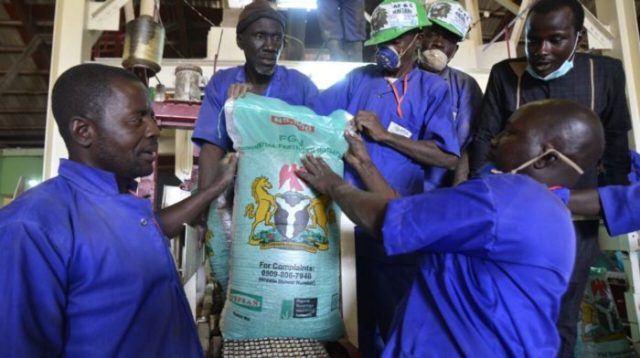The Fertilizer Producers and Suppliers Association of Nigeria (FEPSAN) has praised the Federal Government of Nigeria for the complete ban that the government had recently put on the imports of all blends of nitrogen, phosphorous and potassium (NPK) fertilizers. FEPSAN commented that it believed the decision would be a long-term one and it would stem the imports of poor quality NPK fertilizer blends, boost local capacity and protect the soil from toxic crop nutrients brought into the country through unscrupulous business practices.
A statement signed by FEPSAN President, Thomas Etuh, stressed that the move alone would save the Nigerian government more than US$500 million a year in foreign exchange as well as thousands of jobs. Mr Etuh emphasized that, unlike most important fertilizers blends, the NPK Fertilizer blends from Nigeria are produced with specific soil composition in mind, thus adding value to soil nutrients. “Fertilizer blending plants in Nigeria are growing and have demonstrated capacity to produce exactly what Nigerian farmers need to enrich Nigerian soil for improved food production. We have demonstrated this and have attestations from farmers to support this claim and when I say we have the capacity, I mean we have such capacity in quantitative and qualitative terms,” he stated.
Mr. Etuh further commented that members of FEPSAN have already installed capacity at more than 20 blending plants spread across the country to produce up to 4 million tonnes of high quality NPK crop nutrient blends. “We are aware that a lot more Nigerians are adopting agriculture as a business, especially in response to the Federal Government’s drive for food security. FEPSAN, in heeding the patriotic call for food security, has placed itself in a position to ensure Nigerian farmers have all the best quality fertilizer they need. This also places us in a strong position to export to other countries in West and Central Africa, especially since we have capacity to produce more than what Nigerian farmers will need in the foreseeable future,” Mr. Etuh added.




